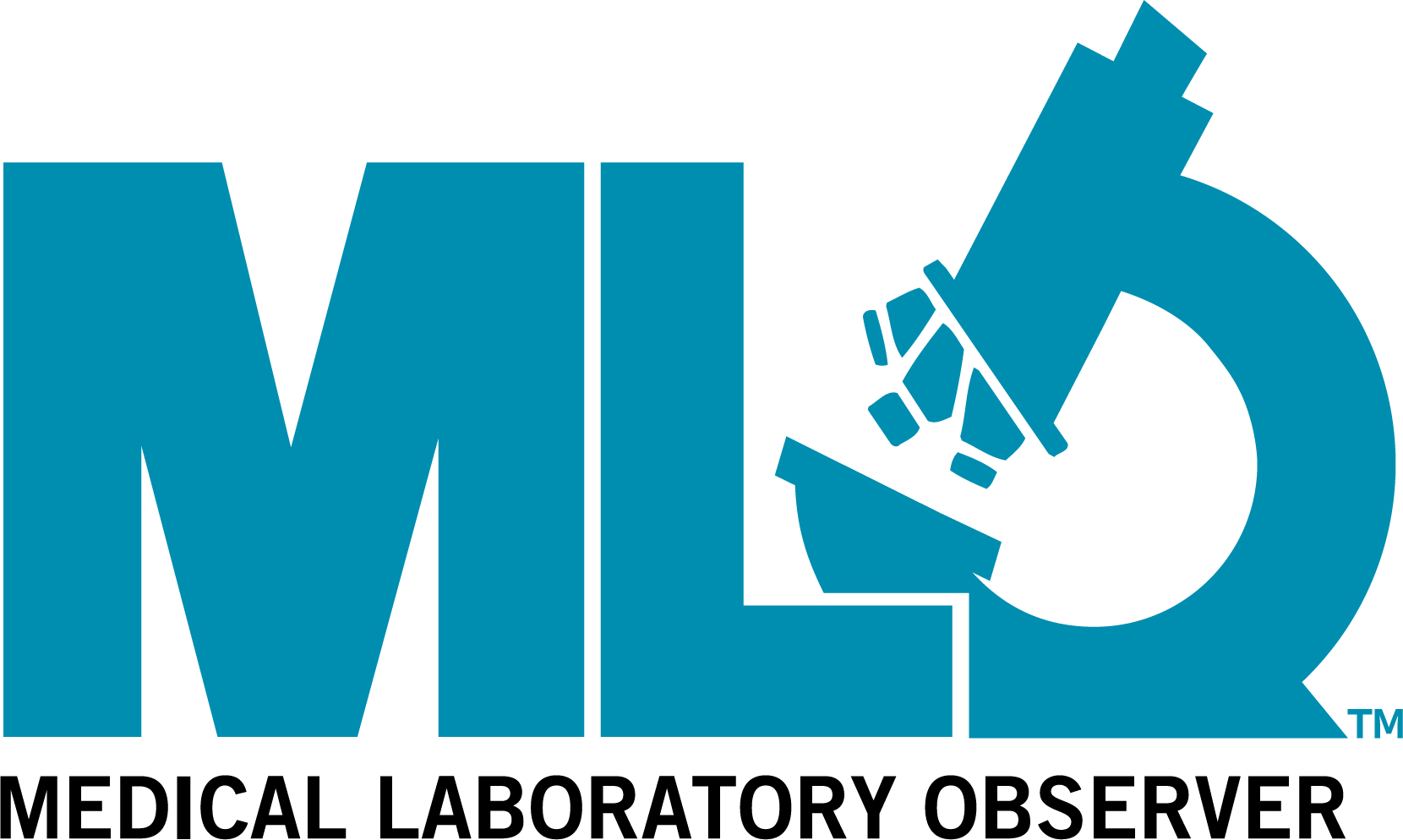November 4, 2020
Oncohost platform improves immunotherapy response predictions

Original source here
By analyzing patients’ reactions to treatment, Oncohost Ltd.’s proteomics-based platform enables earlier prediction of paradoxical responses to immunotherapy that promote tumor growth in certain cancers. The artificial intelligence-powered host response profiling platform, called Prophet, could help identify the best combination of therapies and minimize adverse effects from treatments that are unlikely to be beneficial.
The Benjamina, Israel-based company presented results of its studies in melanoma and non-small-cell lung cancer (NSCLC) at the American Society of Clinical Oncology (ASCO) 2020 Annual Meeting, the European Society of Medical Oncology Virtual Congress 2020, and the Molecular Analysis for Precision Oncology 2020 Virtual Congress.
“This research demonstrates the value of our first of-its-kind profiling platform, which provides a new layer of information, enabling early identification of non-responsiveness to cancer treatments and discovery of new targets to overcome treatment resistance,” said Ofer Sharon, CEO of Oncohost.
Prophet provides new insight into the variability of immune system responses that may illuminate the underlying reasons for the limited success of immunotherapy treatments in NSCLC and melanoma.
“Immunotherapy based on immune checkpoint inhibitors (ICIs) has made a paradigm shift in oncology, unfortunately, not every patient has the same response to this exciting treatment modality,” said Adam Dicker, Oncohost’s chief medical officer and chair of the department of radiation oncology at Thomas Jefferson University in Philadelphia.
Immunotherapy may be very effective in some patients and provide no benefit to others because of differences in physiological reactions. This “host response” to cancer therapies includes changes in cytokine levels, growth factor and enzyme expression, and mobilization and tumor homing of certain immune cells. Ideally, these reactions destroy the tumor or slow its growth, but sometimes the host-mediated response shifts the tumor microenvironment in ways that instead promote tumor progression.
So far the company has studied host responses to Opdivo, Yervoy, and Keytruda alone and in combination with chemotherapy. It expects to evaluate additional therapies in the coming year.
Researchers remain uncertain exactly which mechanisms sometimes cause tumors to grow or regrow with immunotherapy, but the platform’s analyses have focused attention on a few possibilities. “We have assumptions, and we definitely see biological processes that are repetitive in non-responding patient populations,” Sharon told BioWorld. “We see processes that are related to angiogenesis (the creation of new blood vessels that provide oxygen and metabolites to the tumor); we see a direct effect on tumor cell replication rates (we’re still working to identify the actual mechanism here), and see induction of metastasis.”
The proteomic perspective has highlighted the complexity of the interactions between the tumor, the treatment, and the body, particularly the immune system. The platform’s analyses confirmed that immune cells do not always respond to immunotherapy as expected and that therapy sometimes disables cells that had previously been active against a tumor, increasing resistance to treatment.
The proteomics platform
Proteomics is an emerging tool in precision medicine that analyzes the entire set of proteins produced by cells or organisms. In some ways it is the inverse of genomics. Where genomics starts with a gene and then studies the proteins it expresses normally and with specific mutations, proteomics starts with the protein and its modifications to learn more about the gene’s operation under various conditions.
Oncohost’s AI-based platform analyzes changes in proteins in plasma before and after treatment to monitor the how the patient’s response to a specific cancer therapy changes biological processes. “The proteomic profile is highly predictive of individual patient outcome, thus enabling personalized treatment planning,” Sharon noted.
The company is hoping to translate the results of this profiling into predictive tests for immunotherapy, starting with melanoma and NSCLC. In addition, it expects to add an ongoing monitoring option, which could provide an early alert that a patient is developing resistance to therapy or relapsing. A pre-treatment analysis that could predict which therapies have the greatest likelihood of success in a particular patient is also in the works.
Proteins Prophet flags as critical to pro-tumorigenic processes could also form the basis for new drugs designed to make immunotherapies more effective for a larger number of patients.
Studies show promise
In the study presented at ASCO, Prophet identified a 10-protein signature that predicted which patients with melanoma would respond to anti-PD-1 monotherapy or anti-PD-1 combined with anti-CTLA-4 therapy with sensitivity of 0.94 and specificity of 0.79 and area under the curve of 0.84 (confidence interval: 0.69-0.99, p-value 5.56E-04). Using a pathway enrichment analysis, the researchers found signaling pathways unique to each treatment that facilitated resistance.
In NSCLC, Prophet identified a two-protein signature that differentiated responders and non-responders with an area under the curve of 0.91 (confidence interval: 0.82-0.99). Sensitivity was 90.0% and specificity of 63.6%. The analysis identified at least three potential targets in 81% non-responders. Analysis of resistance-associated proteins showed distinct clusters that distinguished responders and non-responders. The results could help define predictive biomarkers for response to specific immune checkpoint inhibitors.
Oncohost has a clinical trial in process that aims to enroll 2,000 patients with NSCLC or melanoma. Currently, the trial has 12 sites in Israel, but it will be expanding to the U.S. and U.K. shortly, according to Sharon. Interim analysis of the trial should be announced in about six months. A clinical trial in glioblastoma is also being planned.





